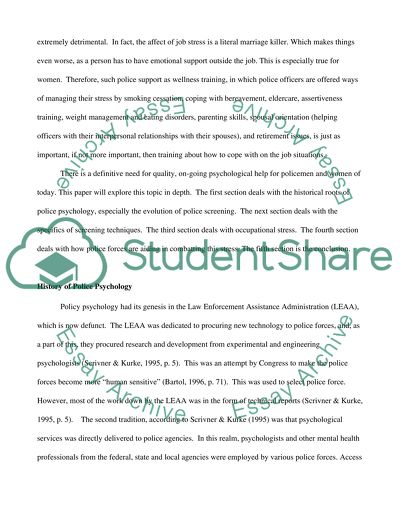Cite this document
(“The Importance of Psychology Amongst Police Officers Research Paper”, n.d.)
Retrieved de https://studentshare.org/psychology/1391806-the-importance-of-psychology-amongst-police
Retrieved de https://studentshare.org/psychology/1391806-the-importance-of-psychology-amongst-police
(The Importance of Psychology Amongst Police Officers Research Paper)
https://studentshare.org/psychology/1391806-the-importance-of-psychology-amongst-police.
https://studentshare.org/psychology/1391806-the-importance-of-psychology-amongst-police.
“The Importance of Psychology Amongst Police Officers Research Paper”, n.d. https://studentshare.org/psychology/1391806-the-importance-of-psychology-amongst-police.


